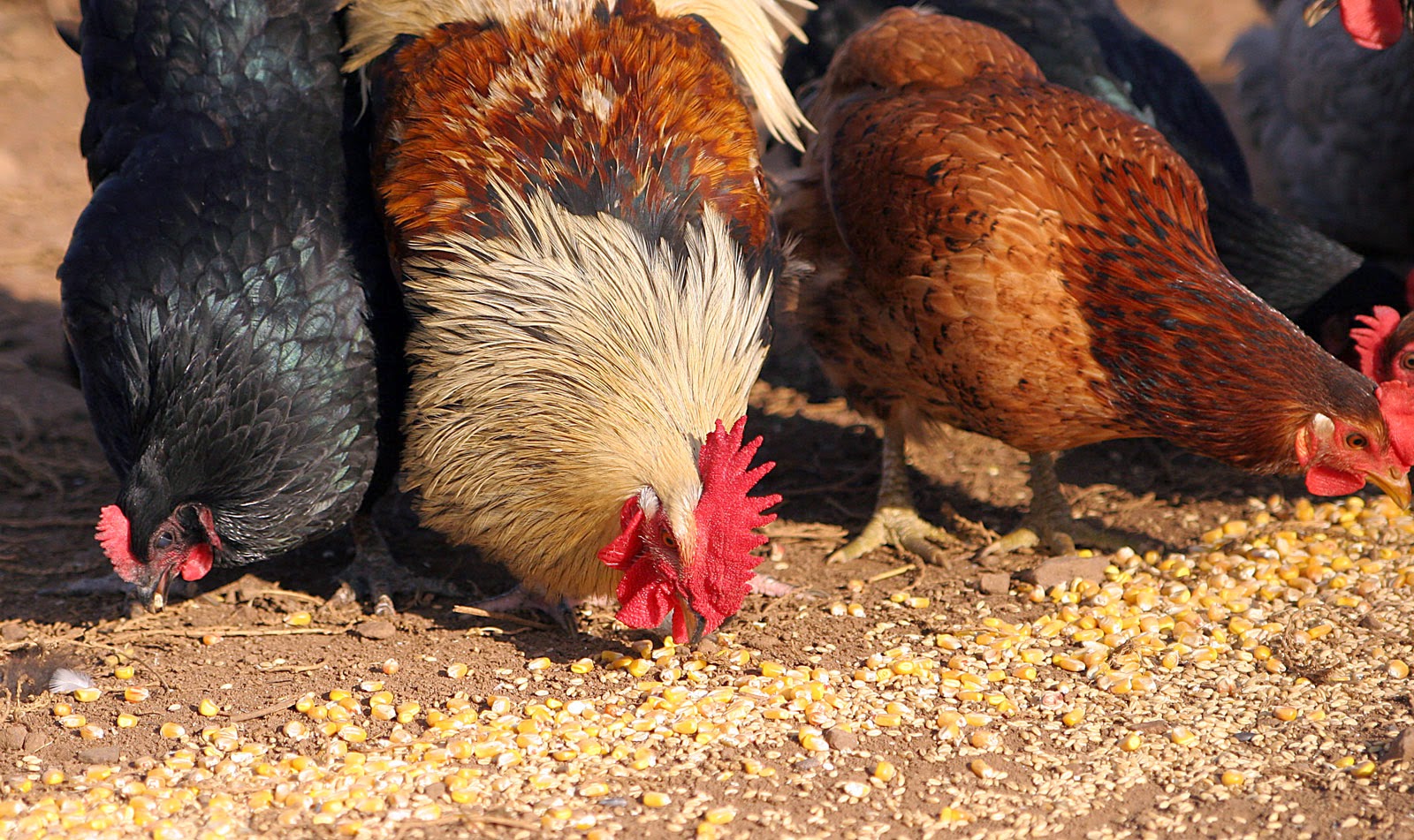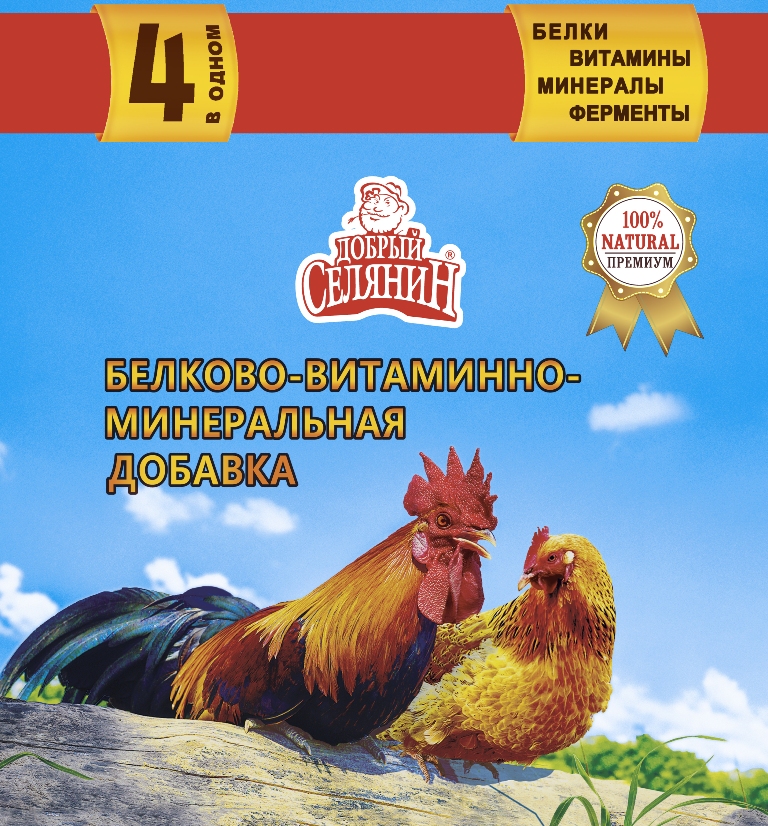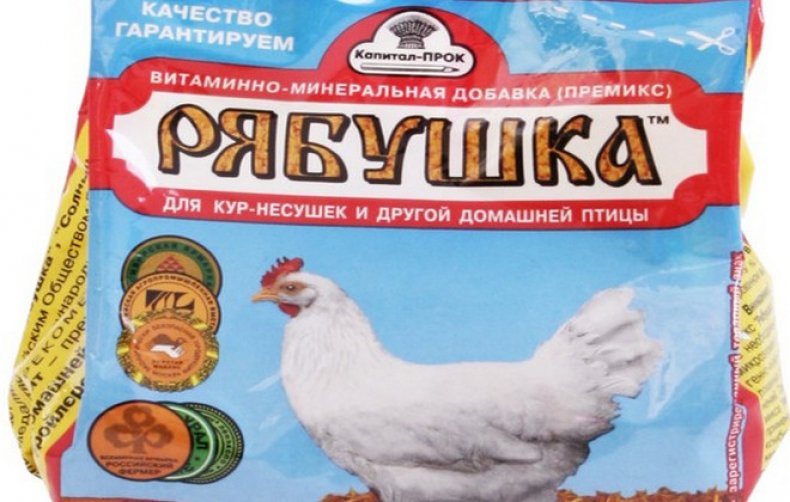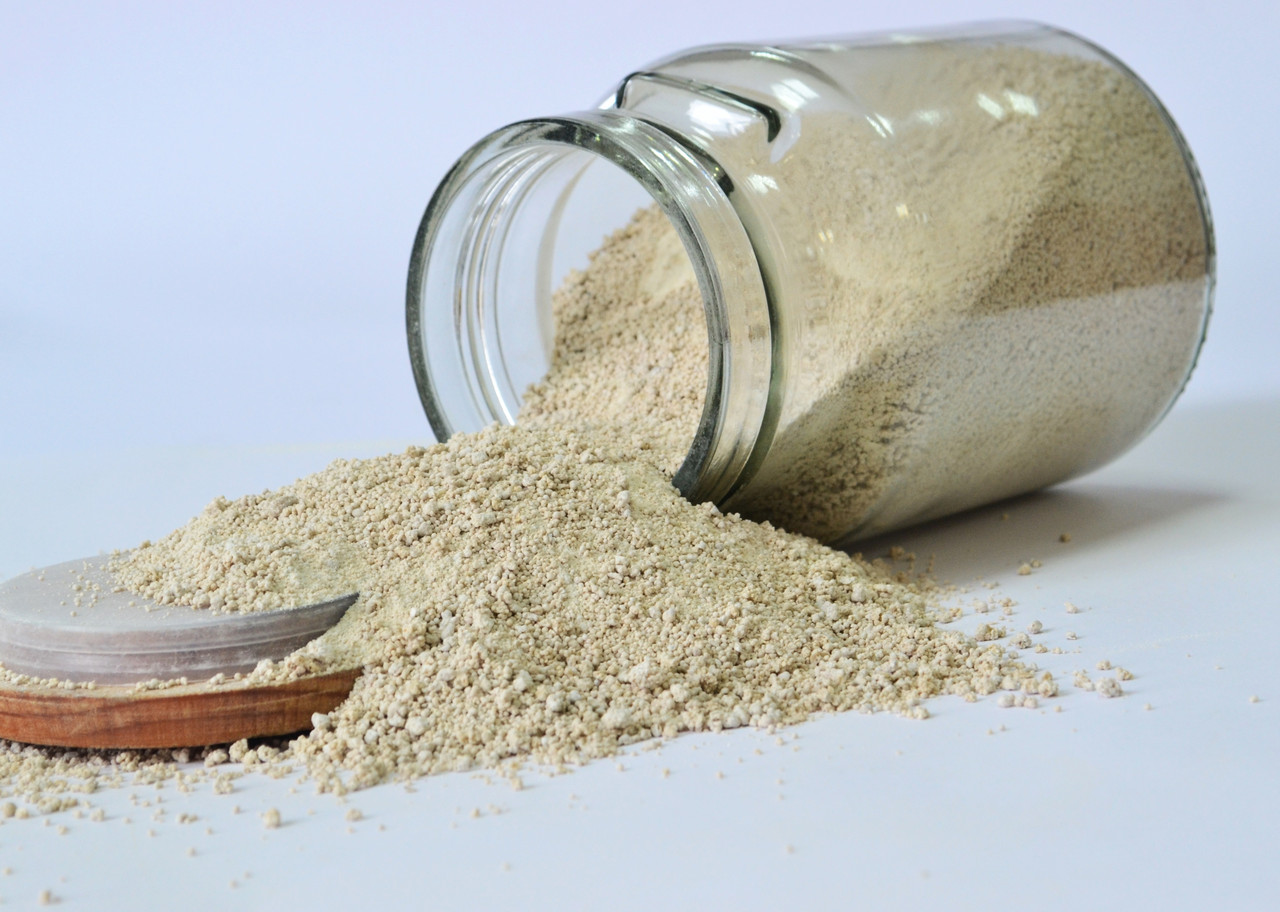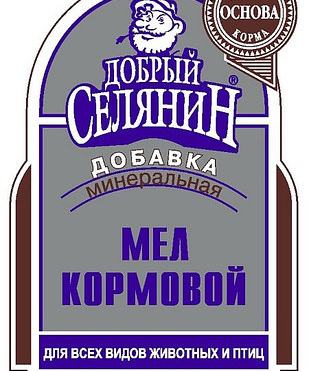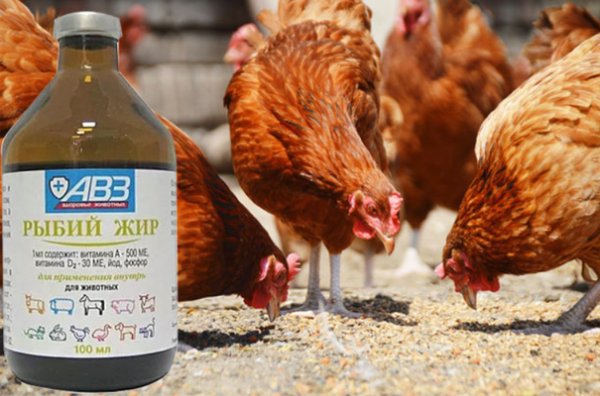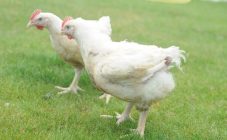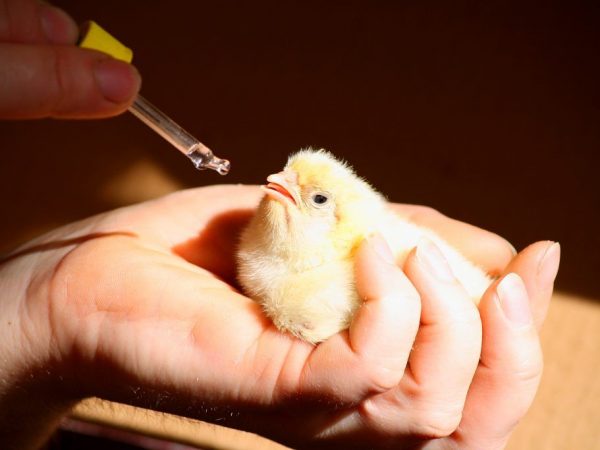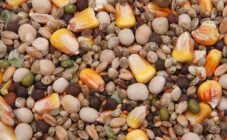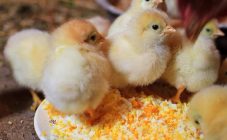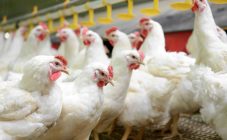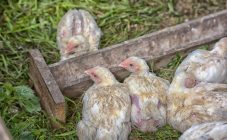Content:
When growing birds both at home and in factory conditions, it is very important to choose the right nutrition so that the chicken not only does not get sick, but also gains weight. This is especially important for broilers. Chicken feed additives are very diverse on the market. What exactly is worth choosing and how to properly approach feeding will be described in this article.
Feeding chicks and adult birds
To improve the productivity of chickens, turkeys, quails, you need to select the right feed and supplements that contain nutrients, minerals and vitamins necessary for growth and weight. Birds lack teeth, so they swallow food without grinding. The food enters the intestines, where it is already broken down into enzymes. It is important that the food is not too large or indigestible.
What are the feed additives for adult hens and chicks?
There are two main ways to feed chickens. The first is complete feeding with compound feed, which uses all the necessary nutritional supplements, vitamins and minerals. Manufacturers strictly monitor the composition of the feed, using a sufficient amount of carbohydrates, proteins, fiber and useful microelements. Based on the fact that, on average, one kilogram of live meat requires about two kilograms of feed, the weight gain in broilers is very rapid. In addition, this feeding option is very simple. No effort is required to select feed, grind grain. The main disadvantage of such food is the cost. High-quality compound feed is not cheap.
The second option is to make your own bird mix. Must be included:
- Cereals (millet, corn, oats).
- Juicy (fresh and dried vegetables).
- Animal feed (fish, meat).
- Vitamins and minerals specially for birds.
Making the mixture is several times cheaper, but the chicken will grow much more slowly over time.
Mineral supplements in the diet
Mineral supplements are divided into macronutrients and microelements. Macronutrients include sodium, chlorine, sulfur, potassium, calcium, phosphorus, and magnesium.
Table salt is the main source of chlorine and sodium. And if a bird can still get sodium from another source, then chlorine cannot. The main symptoms of a lack of substance are:
- Slowdown in growth;
- The bird begins to rush worse;
- Egg shells become more fragile;
- In rare cases, convulsions are noted;
- The general condition of the bird is sluggish.
You need to add salt in the amount of 2 g per head per day.
Adding crushed shells to feed
Shell rock is needed to restore potassium levels. One shell contains approximately 40% potassium, which is 60% of the daily value. Domestic chickens are in great need of potassium due to the fact that they constantly rush, losing it.The most striking symptom of a lack of potassium is a thin egg shell or its complete absence.
Birds should be given about 6-8% of crushed shells mixed with the main feed per day. Small chickens can be given such an additive on the third day of life in an amount of 1-1.5%. The shell is also useful in that it restores the level of iodine and magnesium, which is especially important for broilers.
Limestone
Contains potassium, magnesium, phosphorus, sulfur and iron. The diet is added in the amount of 10 g per chicken.
Feed chalk
Chalk for laying hens is as important as the shell. This is explained by the calcium content, which helps to increase the growth of eggs. How to give chalk to chickens, chickens? The chalk solution is not given in pure form, it is mixed into chicken feed based on an adult, up to 5% of the total mass.
Calcium is very important for the bird in the first month of life. It remains only to understand how much chalk to give hens to layers and broilers. The supplement should be used from the first week of life in the amount of 30 g per day. Older chicks, over seventeen weeks old, should be increased to 50 g.
Eggshell
One of the best known and most affordable supplements. Contains 80% potassium. It is given at the rate of 10 g per individual, pre-chopped.
Wood ash
This type of supplement contains the following minerals: 33% potassium; 2% phosphorus; 9% sodium and 7% each potassium, magnesium and phosphorus. Add to the general feed in the amount of 10 g per head per day.
Fish and meat bone meal
Added to increase protein levels in birds.
Sapropel
Sapropel (lake silt) is rich in protein and calcium. If desired, it can be added to the main feed in a ratio of 20 g per chicken.
Fish fat
Contains vitamin A, D, Omega 3-6-9. This is a necessary supplement for birds, which increases immunity, promotes growth and weight gain, and prevents the development of worms in chickens.
Fish oil must be mixed with water in a ratio of 1 to 2, it can also be mixed with ready-made feed. How much fish oil to give chickens? For chickens, the dosage is 0.2 ml. For adult broiler chickens - up to 5 ml. Layers preferably not more than 0.5 ml.
Tips from experienced poultry farmers
A very important element is crushed stone and gravel. In a sense, gravel replaces teeth for birds. When it enters the stomach, it settles and grinds the grain. Not giving gravel to birds can lead to metabolic and digestive problems. Gravel for chickens must be clean, free from dirt and sand. It is necessary to give about 4-5 ml for layers and 6-7 ml for broilers. It should be scattered on the bedding, in a separate bowl and added to the feed at least once every two weeks in the amount of 10-15 grams per chicken.
When raising a bird, you must carefully monitor its nutrition. Usually, owners create for themselves one specific feeding method and follow it. The main thing is that the bird gets all the necessary substances.
